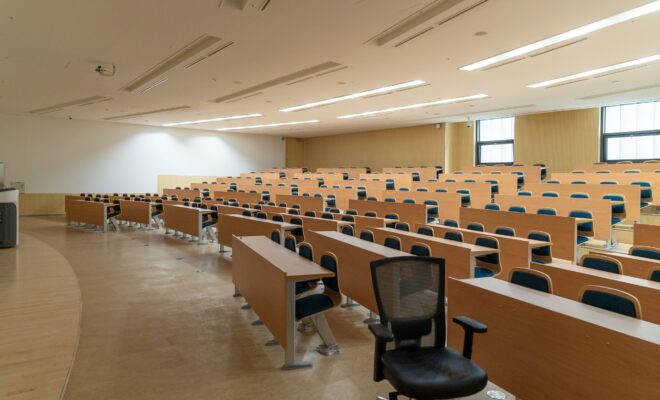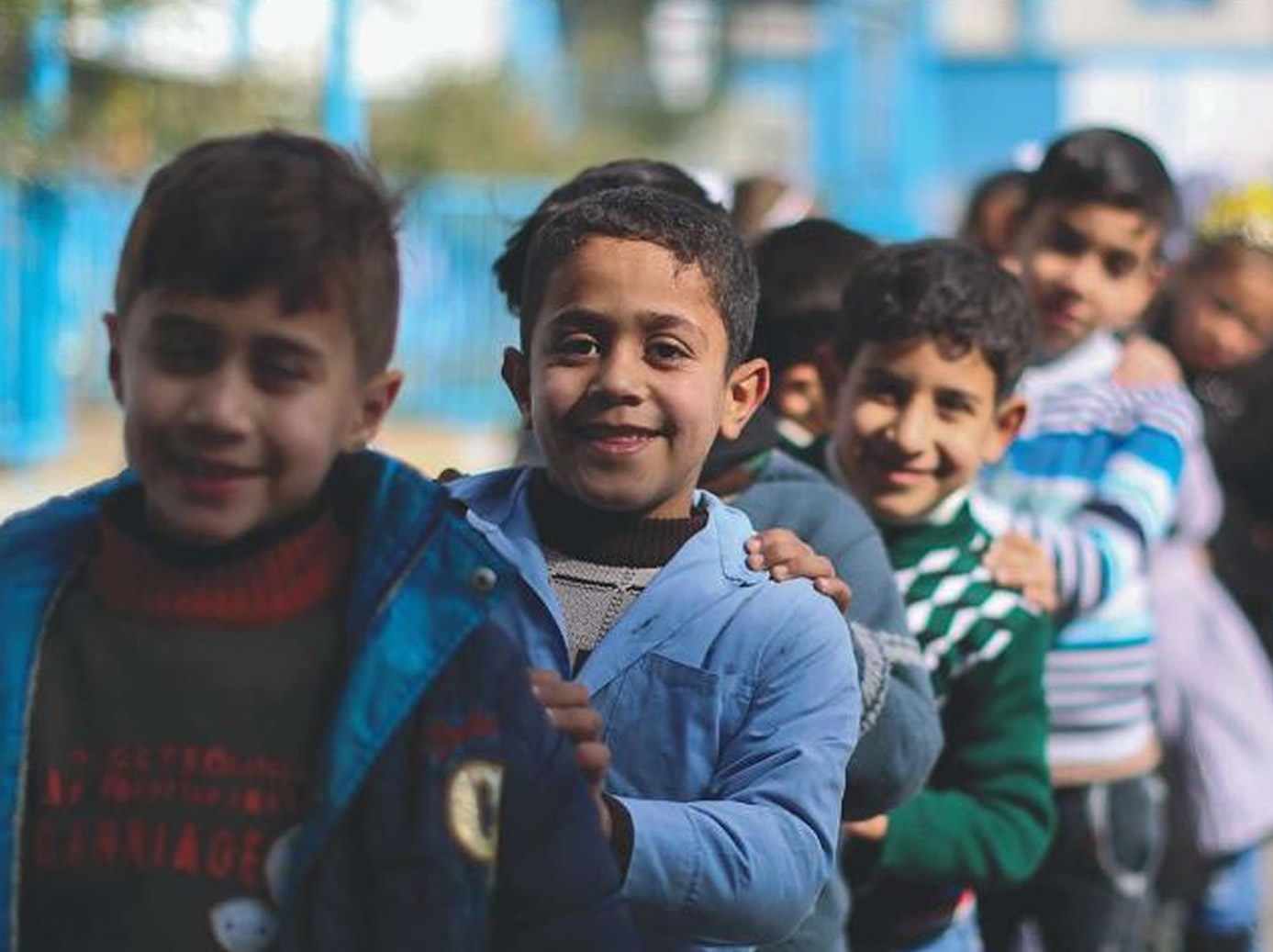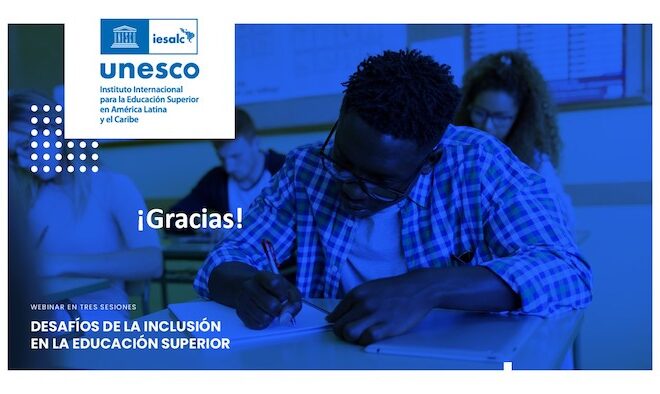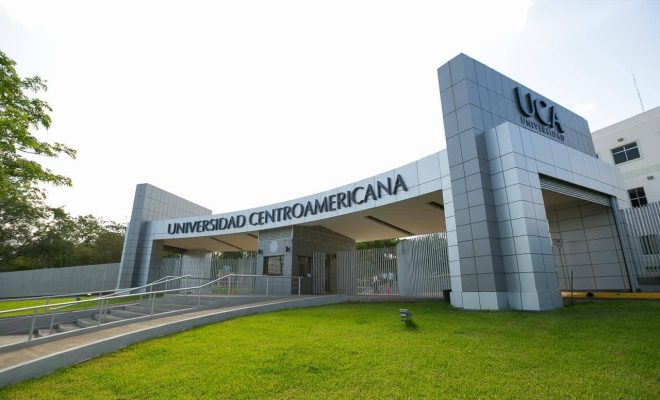UNESCO IESALC’s gender projects disseminated at Africa Gender Statistics Forum
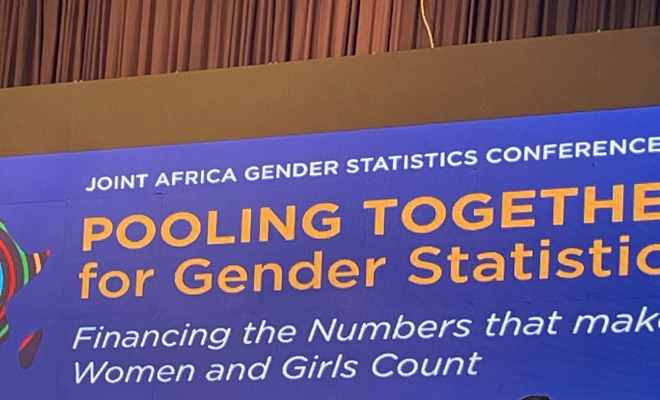
Gender research projects, developed jointly by UNESCO IESALC and partners, were highlighted at the 6th Africa Gender Statistics Forum (AGSF), held in Gaborone, Botswana, from 8 to 12 July 2024. Organized by the African Development Bank (AfDB), United Nations Economic Commission for Africa (UNECA), UN Women, and the Southern African Development Community (SADC), this year’s Forum focused on the theme “Pooling Together for Gender Statistics: Financing the Numbers that Make Women and Girls Count”. The event brought together stakeholders – users, producers, and policy experts in gender statistics from across Africa – to share latest developments in the field, explore best practices, and foster policy dialogues.
One of the education initiatives presented at the Forum was the comprehensive project by UNESCO IESALC and UNESCO Headquarters addressing Gender-Based Violence (GBV) in Higher Education Institutions (HEIs). As part of the study, a rigorous assessment is being conducted via a survey to evaluate GBV prevalence and impact, with the aim of informing guidelines that enhance prevention and response measures in HEIs. At the Forum, Matthias Eck, Programme Specialist from UNESCO Headquarters, presented preliminary findings and initial insights from the ongoing research.
In addition, the UNESCO Regional Office for Southern Africa showcased the results of a joint project with UNESCO IESALC to support women’s participation in higher education in Southern Africa. Recognizing persistent gender disparities, particularly in STEM (Science, Technology, Engineering and Mathematics) fields and leadership positions across the continent, the study analyzed the situation in nine countries and laid the groundwork for broader pan-African research. As guidance for policymakers, the project highlighted the importance of early intervention in secondary schools and proposed a series of measures to be taken at the institutional level within the tertiary education system.
The AGSF served as a pivotal platform for stakeholders in Africa to share insights and innovations, and forge a collective path towards leveraging gender data across the continent for transformative impact. UNESCO IESALC’s initiatives underscore its commitment to promoting and producing data on gender equality within higher education systems in Africa, in alignment with UNESCO’s global priorities.
For more information about UNESCO IESALC’s gender research activities, please contact Info-IESALC@unesco.org.
RELATED ITEMS
